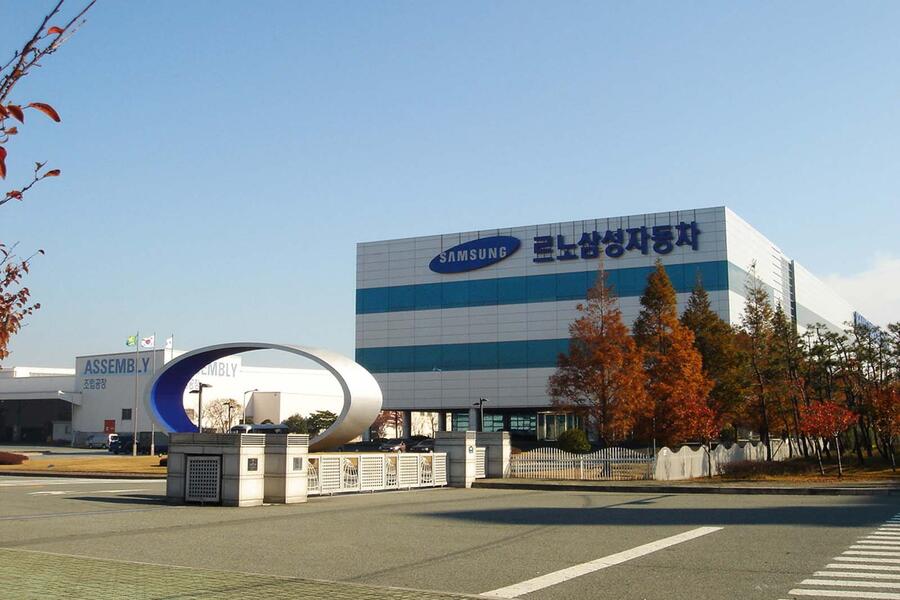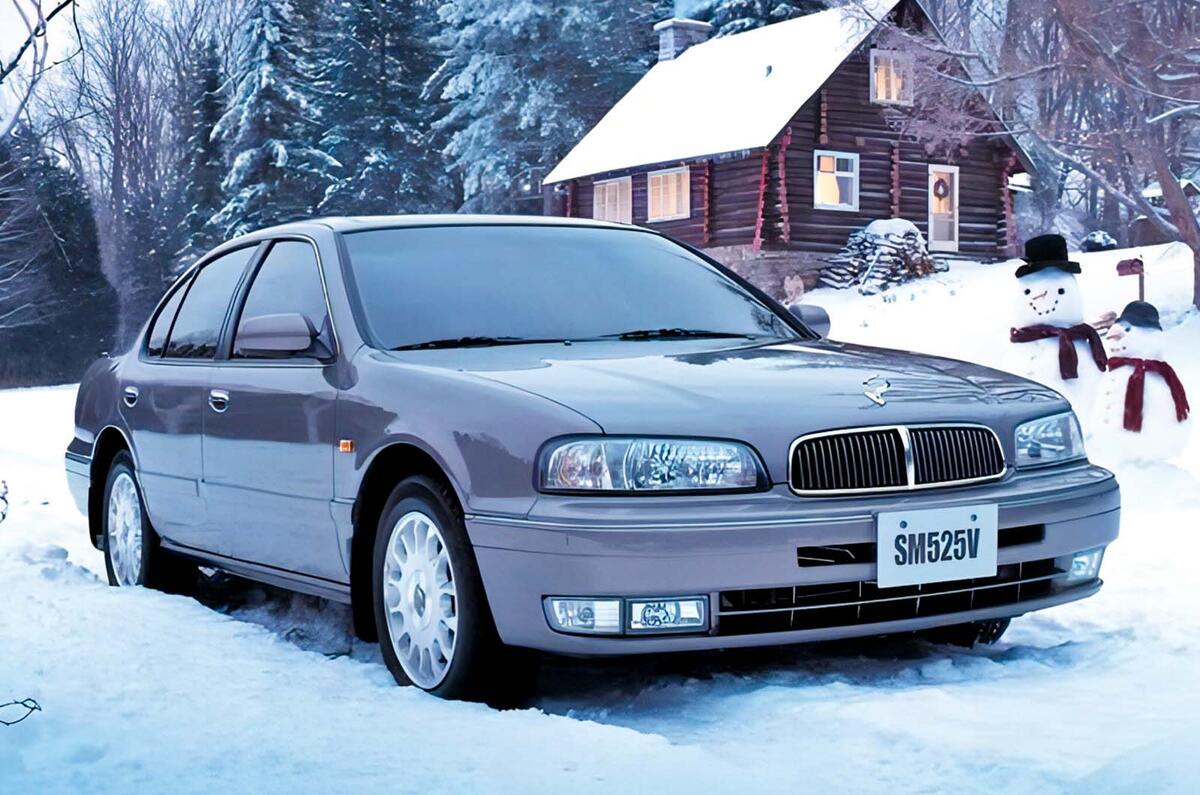Sony reaffirmed its intention to become a car maker at CES recently, showing an electric saloon that it is creating with Honda.
Are we excited that a global tech giant will enter the industry? Of course. Are we also surprised? Yes and no.
Way back when, many Japanese giants of industry leapt across the vast financial chasm, landed on their feet and managed to run, but in the modern era, Yamaha has twice shied away and none of Hitachi, Kawasaki or Panasonic has ever publicly countenanced the idea.
In China, meanwhile, the disasters suffered by Evergrande and LeEco counterbalance the present optimism of Huawei and Xiaomi. And then there’s South Korea: Hyundai and Kia eventually enjoyed success, but Samsung and Daewoo really didn’t. Yes, even the nation’s two biggest ‘chaebols’ failed – but then they did have bloody awful luck.
Samsung was founded in 1938 to sell groceries, but it expanded quickly into many varied fields as South Korea grew from a war-torn agricultural society into a wealthy industrial one at dizzying speed.
By the time its founder died in 1987, it was a big name in heavy industry, engineering and electronics – and his heir recognised that the car industry was essentially a combination of the three.
In 1993, six years after Lee Kun-hee floated the idea, Samsung tried to do things the easy way through a hostile takeover of Kia, but this was blocked by the authorities.
Its back-up plan was a collaboration deal with cash-strapped Nissan that was signed in 1994, resulting in the foundation of a commercial vehicle company and a car maker.

Samsung had actually been working on an electric car for a little while but played safe with its first production car, rebadging Nissan’s five-year-old A32 – known to most as the Maxima and to Brits as the QX, a soul-suckingly bland big barge with four-cylinder or V6 petrol power – to be built at a shiny new £1.8 billion factory in Busan with an annual capacity of 240,000.
So, a globally recognised brand, an experienced partner company, a skilled workforce and a safe, proven product: what possibly could Samsung have got wrong?
Actually, the disaster to come wasn’t really its fault. The causes were varied and complex, but in basic terms, excessive borrowing and poor governance practices within governments, banks and private firms in developing Asian nations led to unsustainable levels of debt.
This were exacerbated by sudden and major drops in exchange rates after Thailand was forced to unpeg its currency from the US dollar, and suddenly these envied economies were plunged into terrible financial crises.
Korea’s currency depreciated by nearly 50% seemingly overnight. Kia went under with around £6.4bn of debt, resulting in a takeover by Hyundai. Samsung Motors did likewise with debt of about £2.4bn.
Daewoo initially looked to buy it, having already saved Ssangyong, but as the Asian crisis worsened, Daewoo was itself forced to sell its automotive interests, with General Motors the buyer – and by 1999, the entire chaebol had disappeared. So it seemed the rescuer of Samsung Motors would also have to be foreign, and that rescuer was Renault, paying £560m for a 70% stake.
To dig itself out of this deep hole, South Korea had to accept a humiliating £35bn bailout package from the International Monetary Fund, conditional on restructuring measures including dismantling chaebols and closing or merging more than 700 firms.
By 2002, things were actually going very well in Busan. Indeed, Renault boss Louis Schweitzer was named Autocar’s Man of the Year for having made both Samsung and Nissan stable and profitable.
The SM5 saloon had found favour among Korean taxi drivers, and this had spread to the wider public, with sales rising from 44,000 in 1998 to 116,000 in 2002.
Smaller and larger Nissan-based saloons naturally followed, later joined by Renault-sired crossovers.
Renault Korea has struggled of late, with sales plummeting, but its future looks bright again, with China’s Geely coming aboard.
And as for Sony? Let’s hope for its sake (and ours) that its chances of success remain in its own hands.




Add your comment